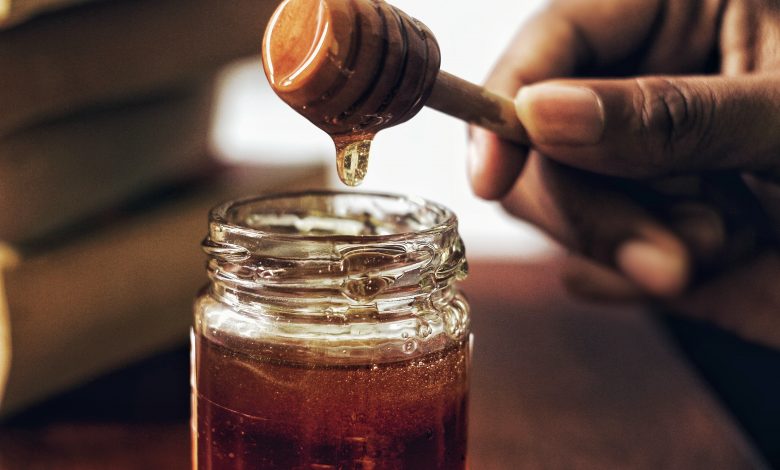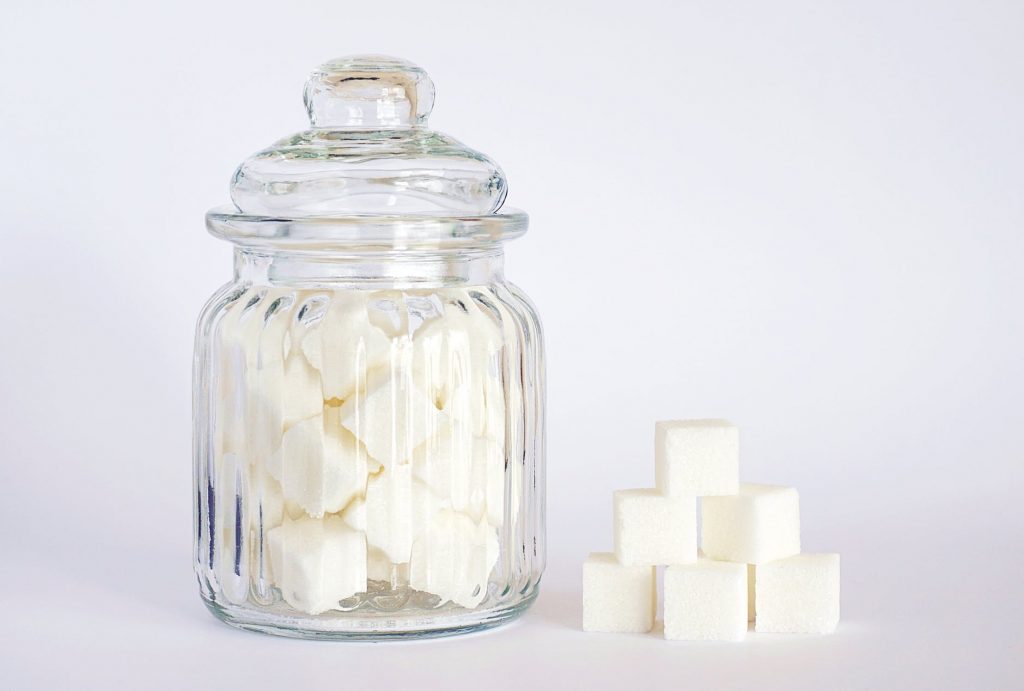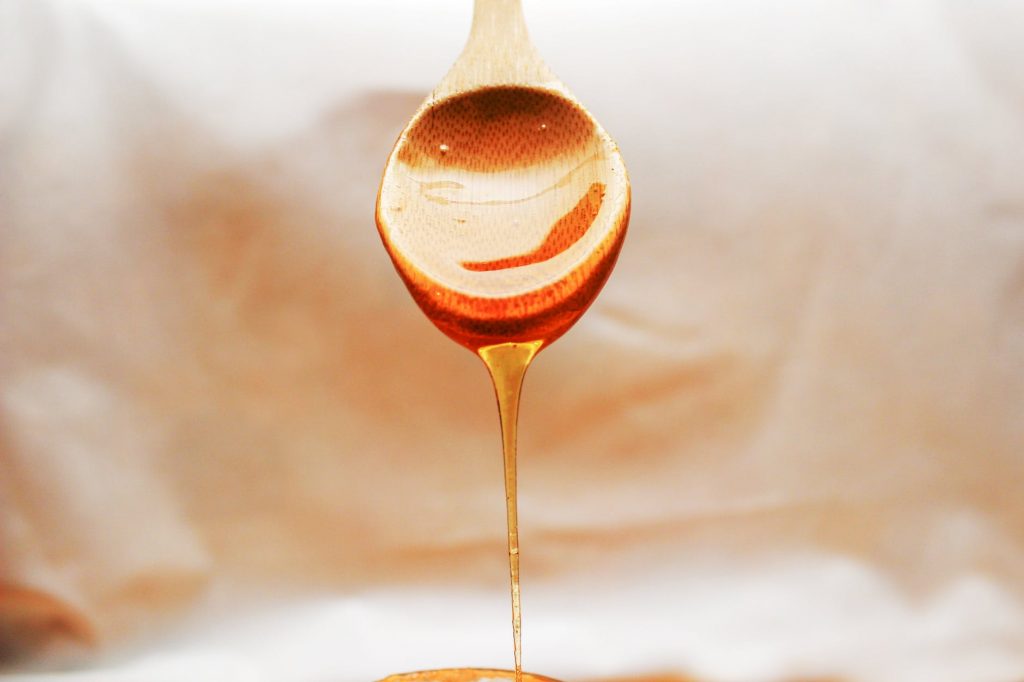
Why You Shouldn’t Substitute Sweeteners With Agave Nectar
We are living in a world that is getting increasingly health-conscious. But at the same time, it is vastly consumer-centric, as well. As such, the need for off the shelf and processed products is higher than ever.
To keep up with fast-paced lives, more people are moving towards “healthier” food options, which help them keep a check on their calories and carb content. However, these foods contain their fair share of cons too, mostly in the form of hidden sugars. Hidden sugars are not that difficult to identify. They appear in the form of rice syrup and corn syrup on ingredients lists at the back of the product packaging. Though the idea of having these natural syrups in the food might look harmless, they do indeed contain sugar in the forms of maltose, dextrose, fructose, and sucrose.
While you move towards healthier living by cutting back on sugar, you could end up substituting it with some of these natural sweeteners that seem harmless. While they do help you cut back on those calories, they leave a lasting impact on your overall digestive and metabolic health. In short, you might not ever get rid of your sweet tooth, and in their own way, these natural sweeteners might stop you from eating whatever natural sugar forms you would have enjoyed earlier, say, for example, fruits.
Read on to find out the bitter truth behind natural sweeteners and why honey is a winner in the substitute fight.

What are Sugar Substitutes?
Sugar substitutes are also called low-calorie sweeteners that help sweeten food and drinks without using sucrose, which is table sugar. Nowadays, most food manufacturers use sugar substitutes to make their consumables healthier for their end consumers. They even use natural sweeteners, as opposed to artificial sweeteners, such as stevia or sugar alcohol. While natural sweeteners might look like the healthier choice compared to artificial sweeteners, given their naturally occurring feature, the sugar form they are made up of (maltose, dextrose, fructose, and sucrose) may gradually lead to serious health risks.
The pros of sugar substitute include that they:
- Have fewer calories than sugar
- Have lower glycemic index
- Do not spike blood sugar levels immediately as sugar does
- Do not cause cavities or tooth decay
The cons of sugar substitutes are they:
- May cause changes in metabolism
- May affect digestion
- May cause people to eat more food later
- May lead to changes in taste buds, thus making naturally sweet eatables less appealing
Sugar substitutes include both artificial sweeteners and natural sweeteners. Artificial sweeteners, as the name indicates, are chemical compounds that are sweeter than sugar. As such, you need to add only a little amount of it to your food or drink as compared to how much sugar you would add. Artificial sugars also promise little or no calories whatsoever. They also don’t offer any nutritional benefits.
Following are examples of some artificial sweeteners:
- Saccharin
- Sucralose
- Acesulfame
- Aspartame
The average sweetness of these artificial sweeteners can be up to 200 – 700 times that of sugar.
Natural sweeteners are naturally occurring, sans chemicals. This is what has made them especially popular with the diet and health-conscious crowds. Honey, agave nectar, stevia, and yacon syrup are examples of natural sugars. When it comes to organic living, many people swear by honey and agave nectar as the sugar substitutes of their choice. You might also use honey and agave nectar while cooking and baking and also look for it when eating out.
However, the question is whether these naturally occurring sweeteners are safe for health. Does their natural occurrence make them a healthier option? Let’s take a look at each of them in detail.
Understanding the Glycemic Index (GI)
To understand why agave nectar seems to reign supreme in the natural sweeteners markets, especially for diabetics, you will need to know what the GI Index is. The GI index measures the increase in blood sugar levels caused by carbohydrate-rich food. Sugar is a complex carbohydrate that is comprised of glucose and fructose. People with diabetes should be mindful of the glucose levels in their blood. As such, keeping an eye on the GI index of the food they are eating helps them keep a tab on their glucose intake. Foods that reflect a higher GI index activate spikes in the blood sugar levels and insulin release in the blood. Foods with a high GI index are also digested quickly, thus leading you to feel hungry sooner.
Following is a look at the GI index of agave nectar, honey, and common sugar:
- Agave nectar: 17
- Honey: 60
- Sugar: 60

The Perks of Agave Nectar
Agave nectar is a natural sweetener that is derived from the agave species of plants. These plants are grown in the desert and are native to central Mexico. Agave has been planted for centuries in the hilly regions of Mexico and the succulent looks much like an aloe vera plant. There are two types of agave plants that give you the agave nectar that you find in the markets for consumption: agave tequilana and agave salmiana.
Agave salmiana, also known as the Green Giant agave, contains the nectar. These plants grow up to six feet tall and twelve feet wide. A stalk in the middle of the growing plant is cut where the nectar collects. The collected nectar is then processed, and the complex sugars it once comprised are broken down to form simple sugars: glucose and fructose.
The agave nectar has a dark amber hue to it and has a more neutral flavor as compared to honey. This has made it a preferred choice for bakers and vegan foodies when it comes to adding sweet flavorings to their dishes. For example, one tablespoon of the agave nectar contains 60 calories, matching the number of calories contained in a tablespoon of granulated sugar. However, it is also 1.5 times sweeter than average sugar, which means you can use less of it in your food and drinks.
Also, the fact that agave nectar is completely vegan, free from any animal products (as compared to honey), has made it extremely popular among vegans. A low glycemic index of 17, as compared to 60 of honey, has also made this natural sweetener a favorite among diabetics.
Coming to the sugar content part of it, depending on the amount of processing it has undergone, agave nectar contains 55 to 90 percent fructose, which is the same kind of sugar that is found in fruit. The rest comprises glucose. This fructose content in the agave nectar is the same as that found in high-fructose corn syrup.
Agave nectar does contain traces of calcium, magnesium, and potassium. However, given the small quantity that’s added to any food or drink, the amount of minerals that is ingested is negligible.
So the question lies here: How can a vegan natural sweetener which contains the same sugar as that of fruits be harmful to health?
The low glycemic index in agave is caused due to the high fructose content in the nectar. However, this high fructose content is also known to cause obesity, diabetes, and fatty liver, and in the long term, might also lead to memory loss.
Fructose consumption has increased radically over the past few years. High amounts of fructose in the system affect the liver directly. This leads to an increase in triglycerides and lipid levels in the blood. The low number of antioxidants in agave nectar does not help counter the high levels of sugar introduced into the blood. All this combined leads to metabolic disorders, which subsequently lead to obesity and diabetes.

Honey vs. Agave Nectar
Honey, as we all know, is collected from the bees and its flavor largely depends on the kind of nectar that the bee collects. Honey is mostly dark in color with a more powerful flavor as compared to agave nectar. One of the reasons that make honey such a popular choice among people seeking sugar substitutes is that it is a superfood. It contains antioxidants along with a range of minerals such as copper, riboflavin, zinc, potassium, iron, and niacin.
Honey is 25 to 50 percent sweeter than sugar. This means a lesser quantity of honey is needed to be used when substituting sugar with it. When using honey as a sugar substitute for baking, experts suggest using a lighter colored and milder flavored honey so that it does not overpower the taste of the baked goods.
Honey does not need to be processed to be made consumption ready. However, packaged honey many a time is pasteurized to kill bacteria and made fit for storage. Processing honey also prevents it from crystallizing. However, raw honey in its natural and unprocessed form is a much better choice when it is being used as a natural sugar substitute.
Both agave nectar and honey contain the same number of calories, which is close to 64 calories per tablespoon. However, the glycemic index is higher in honey to the tune of 60, as compared to the 17 of agave nectar.
This makes people with diabetes choose agave nectar over honey, as a low glycemic index leads to a lesser spike in blood sugar levels. However, the American Diabetes Association advises limiting agave nectar intake in the diet.
Honey also contains lesser amounts of fructose in it as compared to agave nectar. While honey contains 40 percent fructose, agave nectar contains up to 90 percent of it.
Studies have shown that high fructose content leads to higher weight gain as compared to the consumption of table sugar. This is a clear indication of the fact that both table sugar and honey are better choices when it comes to adding some sweetness to your diet than using agave nectar.
Given its high antioxidant level, little or no requirement for processing, and lower fructose levels, honey is a clear winner when it comes to a food fight between it and agave nectar.
There’s yet another aspect that makes honey a better natural sugar substitute as compared to agave nectar. Honey is also known to be effective in reducing and treating the common cold and cough, calming sore throats, and acting as an effective anti-viral, anti-fungal, and anti-bacterial agent. It is also known to treat effectively seasonal allergens caused by pollens. This happens because bees collect pollen spores from local plants. Honey produced by these bees contain these pollen spores, and consuming this honey gradually exposes you to these pollens, thus building your immunity.
Note: Babies under 12 months of age should not be given honey. It might contain botulism spores, which the baby’s underdeveloped immune system is incapable of handling.

Sugar vs. Agave Nectar
While agave nectar is high in fructose, common sugar is completely built of sucrose. Sucrose is a disaccharide, which comprises 50 percent fructose and 50 percent glucose. Table sugar is a disaccharide and is processed differently by the body upon consumption.
Sucrose is first broken down into glucose and fructose before being used by the body – first by the enzymes in the mouth and then by the acids in the stomach’s lining. The rest of the digestion and absorption into the bloodstream happens in the small intestine.
Fructose, on the other hand, is absorbed into the bloodstream and is either converted into glucose or stored as fat. Fructose is known to increase the burden on the liver and may lead to fatty liver. The same is not true for sucrose or table sugar. Also, agave nectar supplies the body with a much higher content of fructose as compared to normal sugar.
Yet again, fructose has also shown to increase hunger pangs by increasing the hormone ghrelin, which makes you crave more food even after eating a full meal. Fructose also triggers the reward pathway of the brain, which leads to higher levels of sugar craving, thus leading to a vicious cycle.

While agave nectar seems like the choice of natural sugar substitute for many given its low glycemic index and vegan attributes, the high fructose content in it makes it a less healthy choice than table sugar, and of course, honey. Honey is packed with antioxidants, minerals, and health benefits that are unparalleled as compared to other natural sweeteners. This makes honey the clear winner when it comes to picking from the choice of two.
And if you are looking to keep diabetes at bay and ensure a healthy metabolism while you keep your sugar intake in check, then you can also try stevia, xylitol, and erythritol instead of agave nectar. Stevia, for example, is kosher and vegan, in case you were looking for a vegan natural sweetener that is safer than agave nectar.



